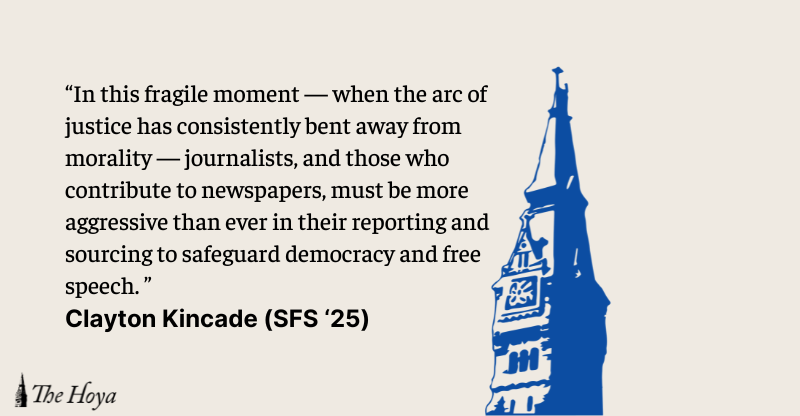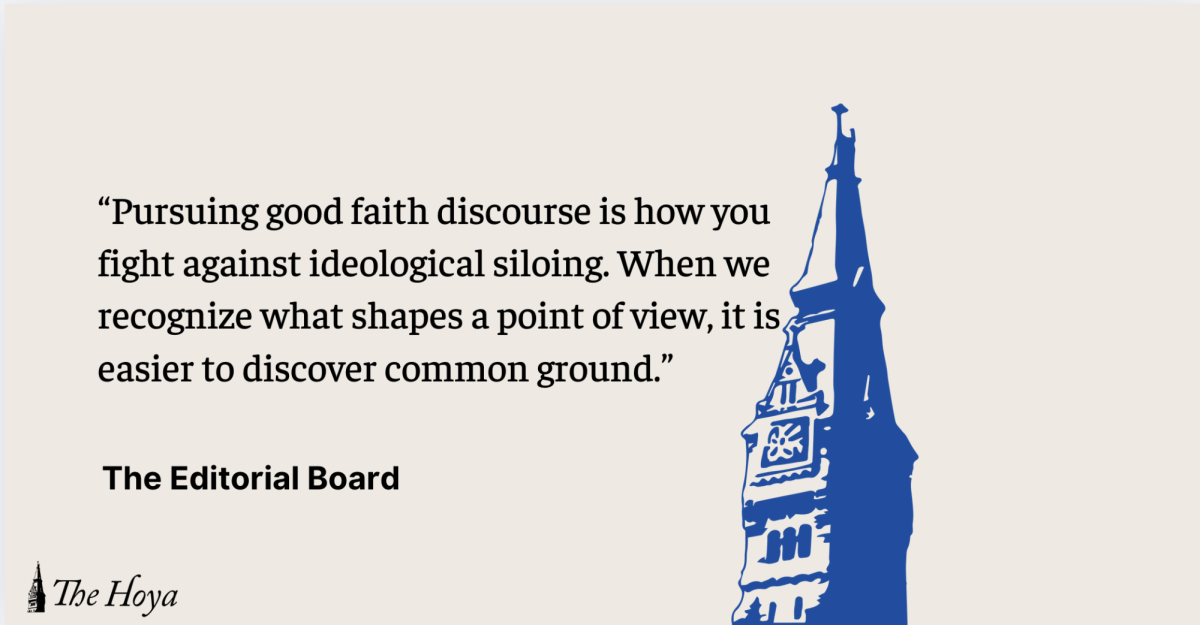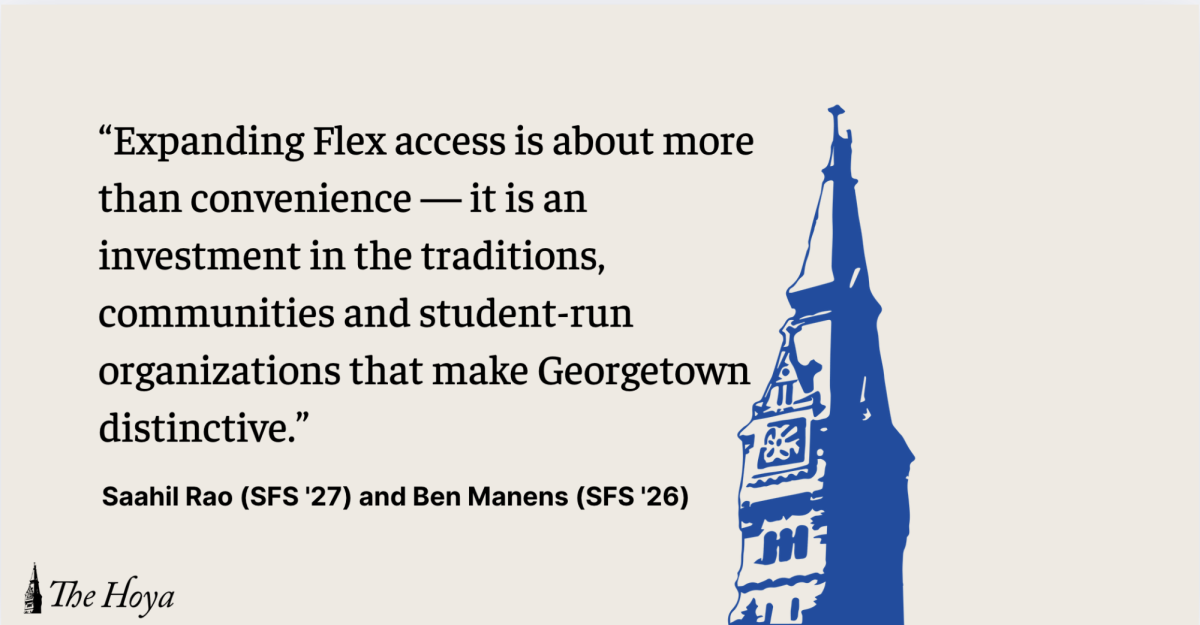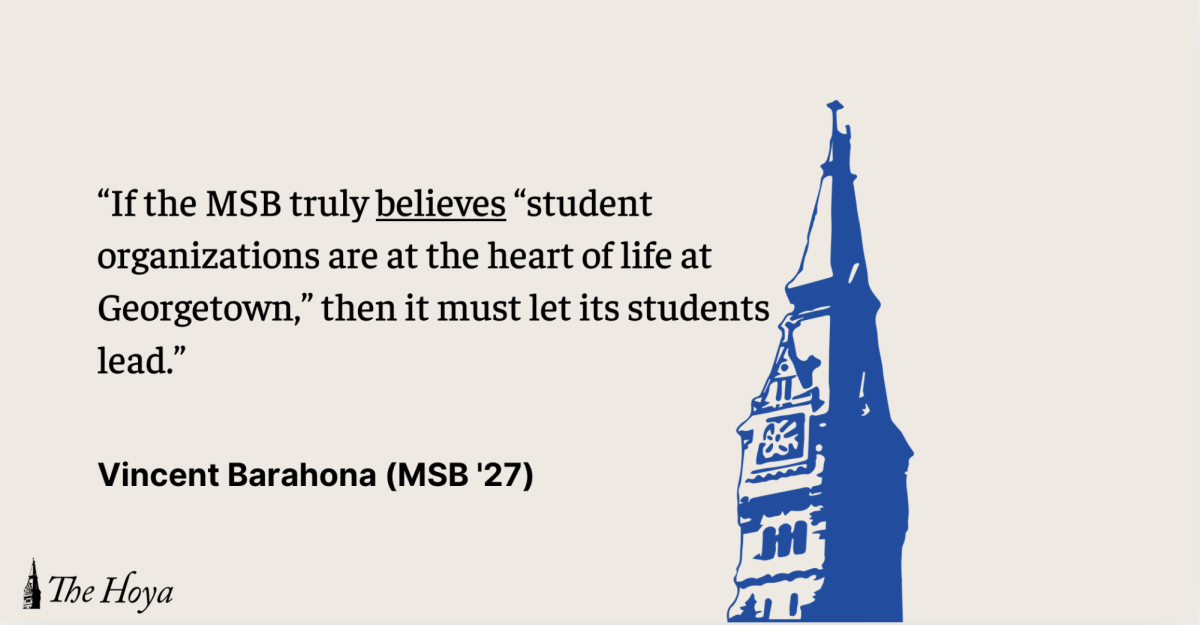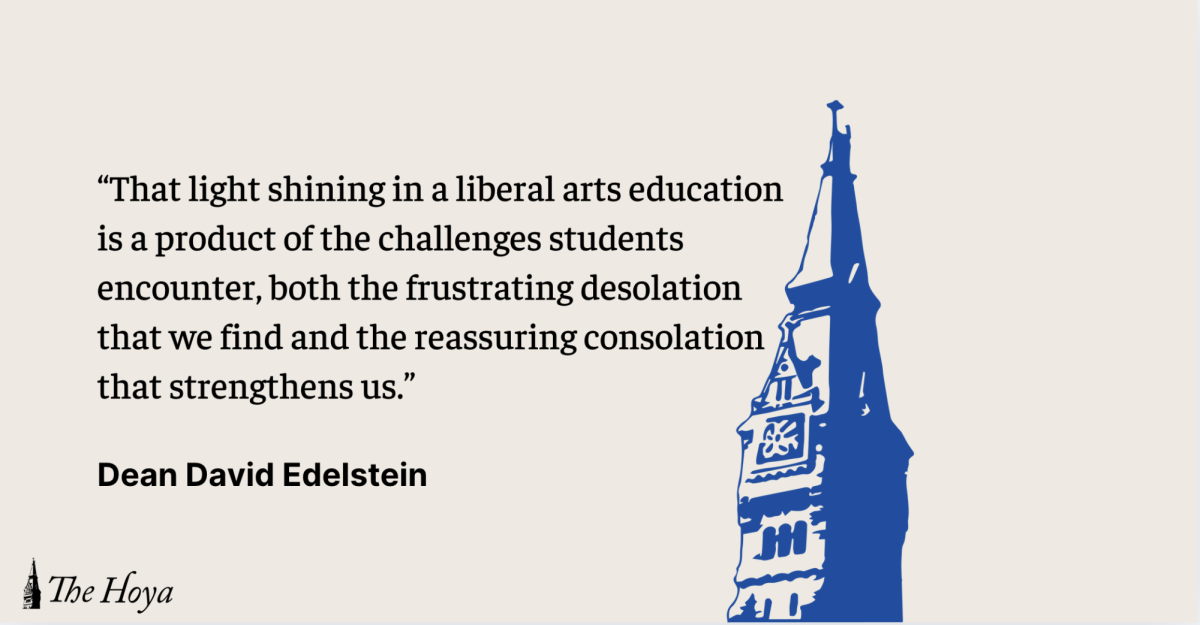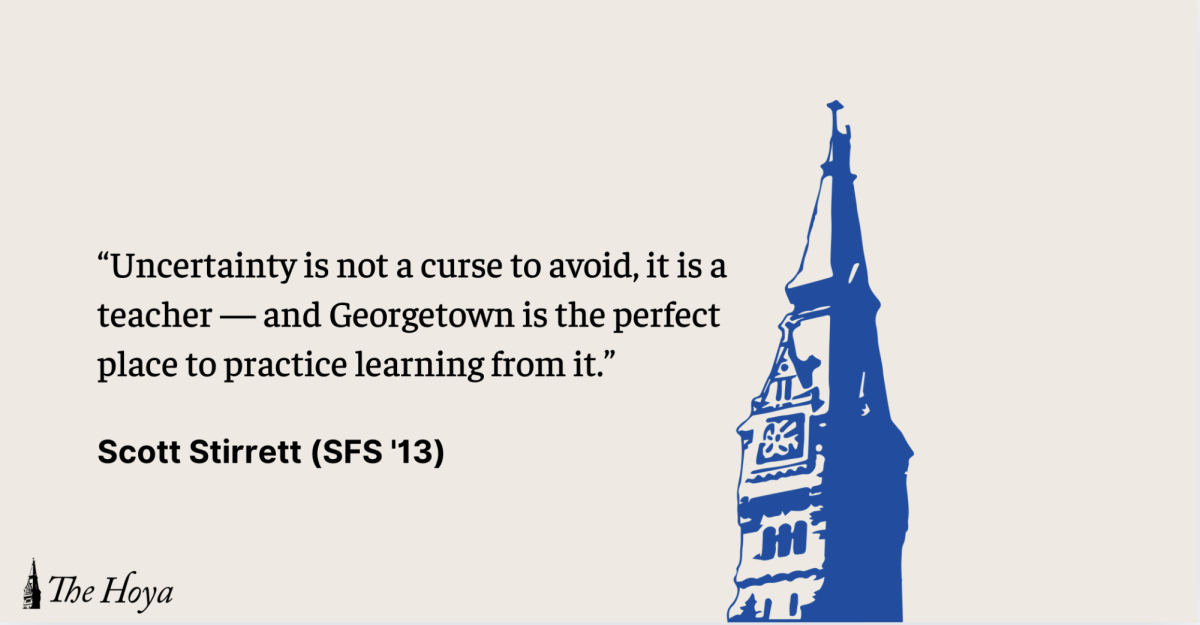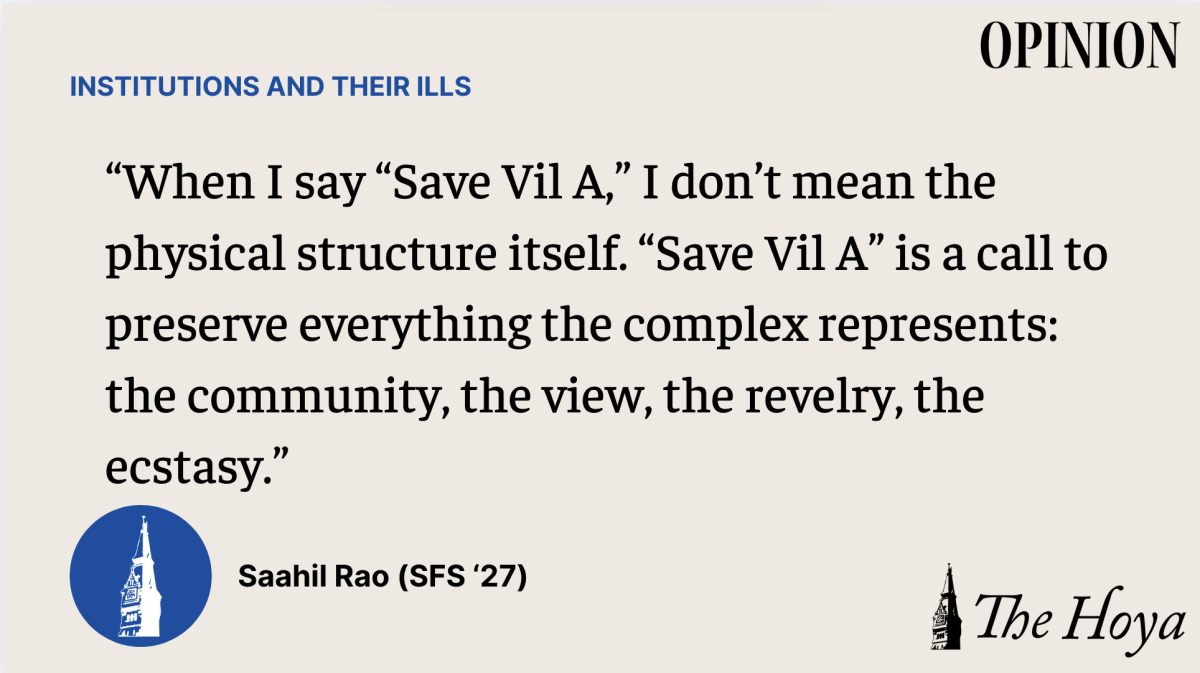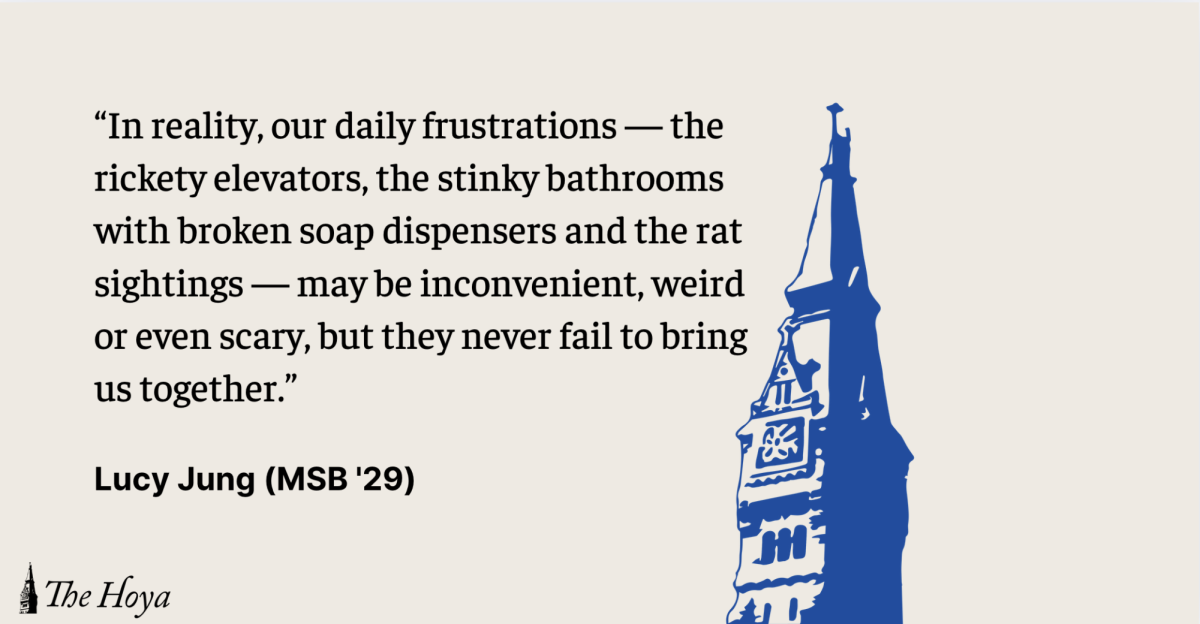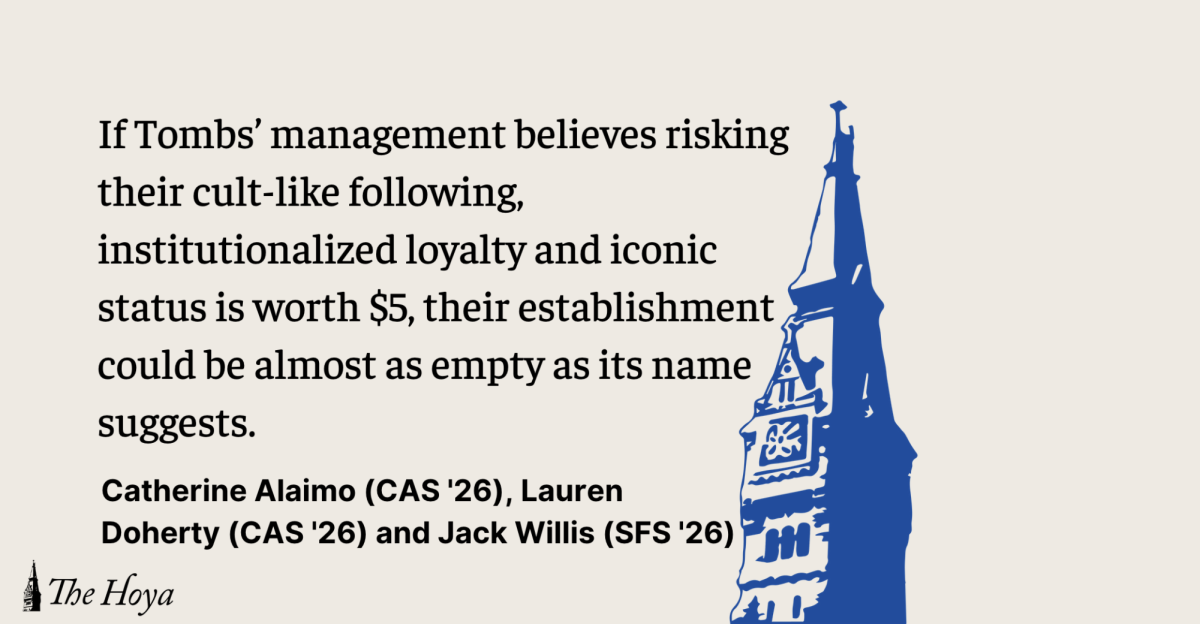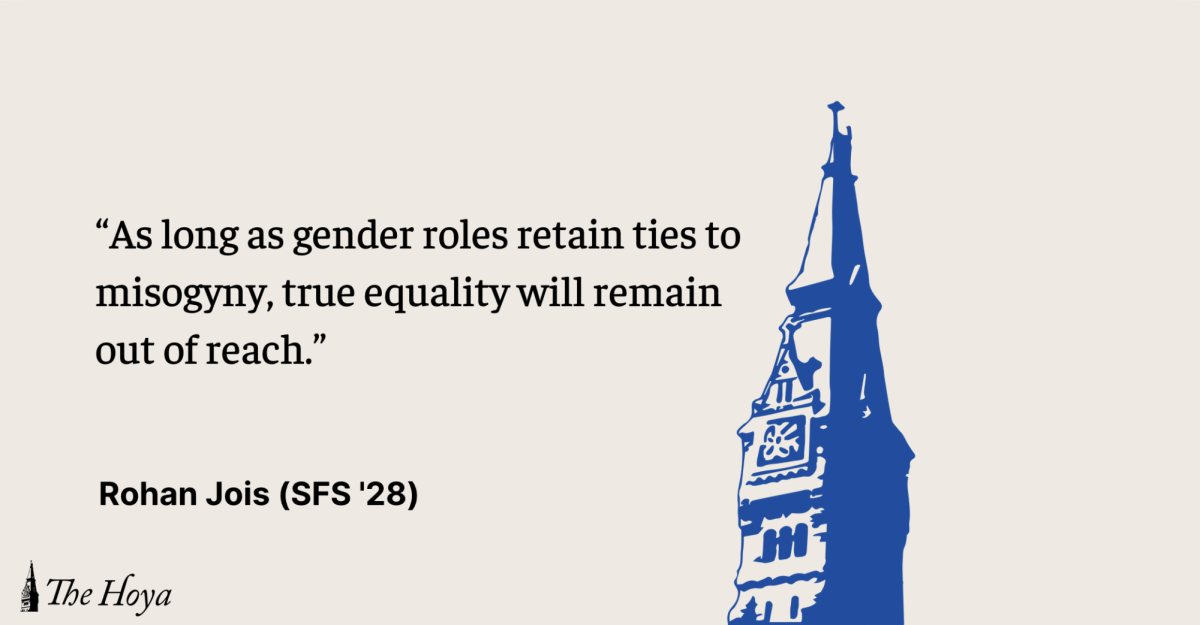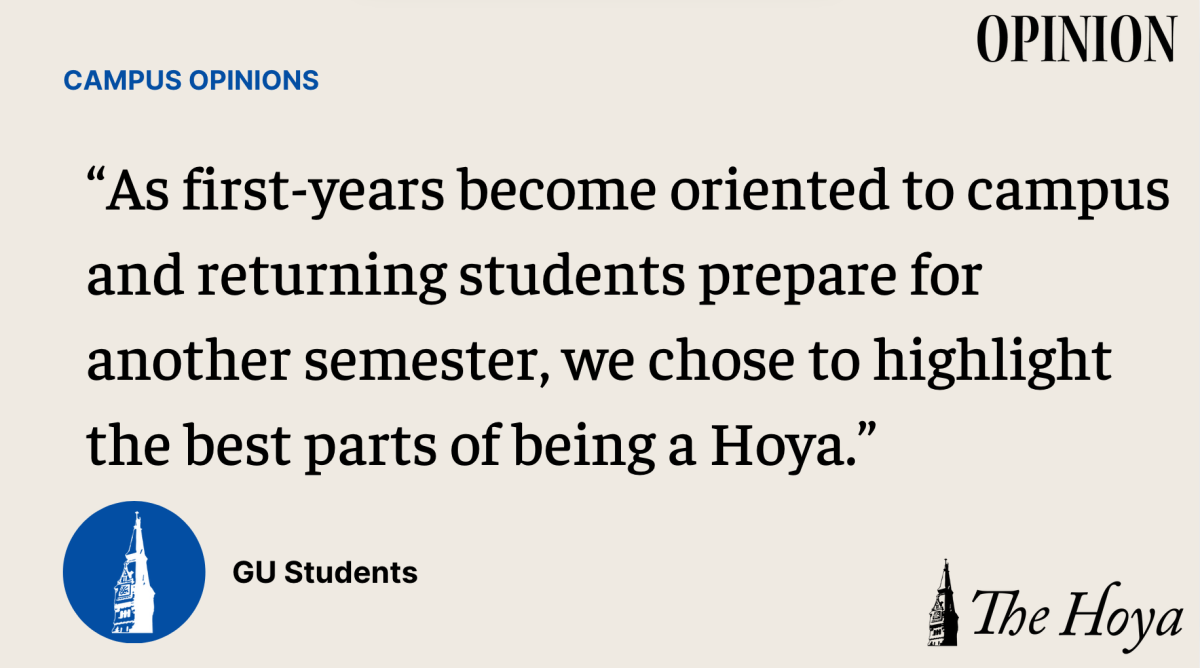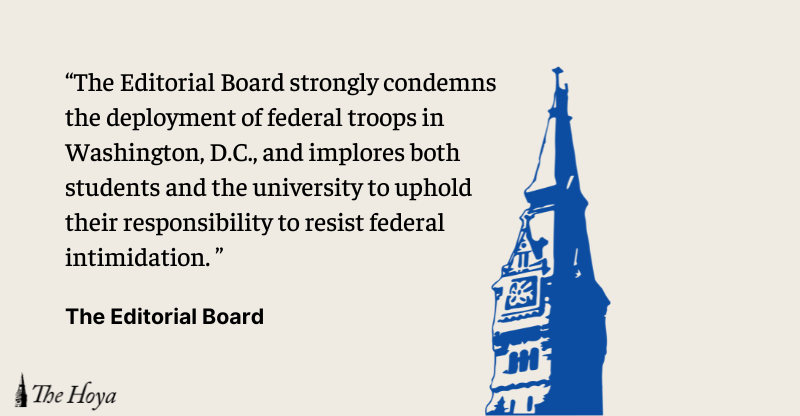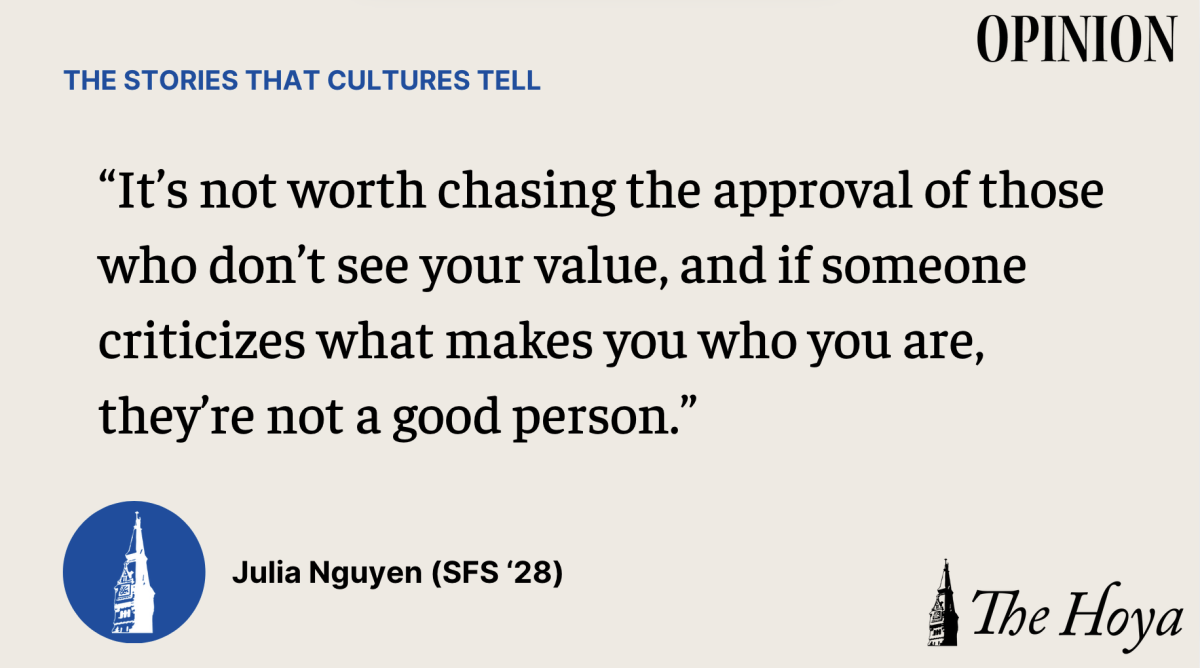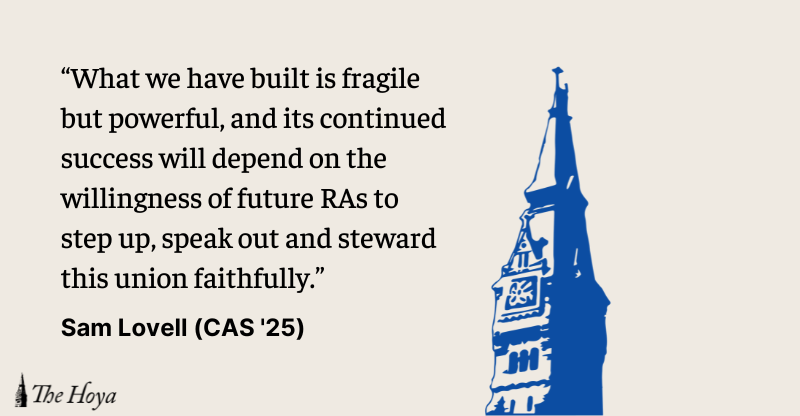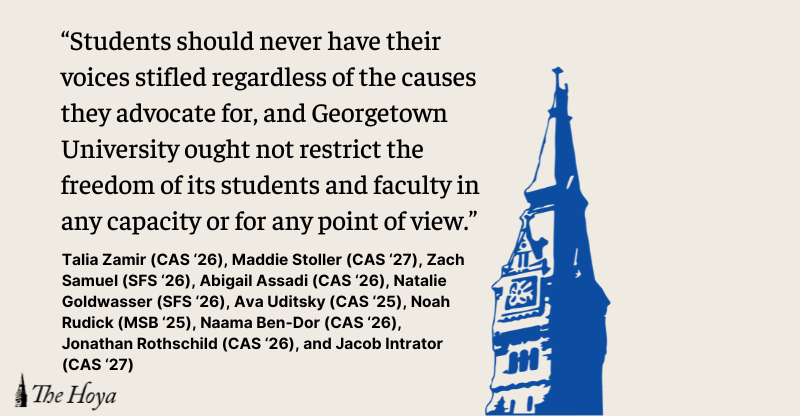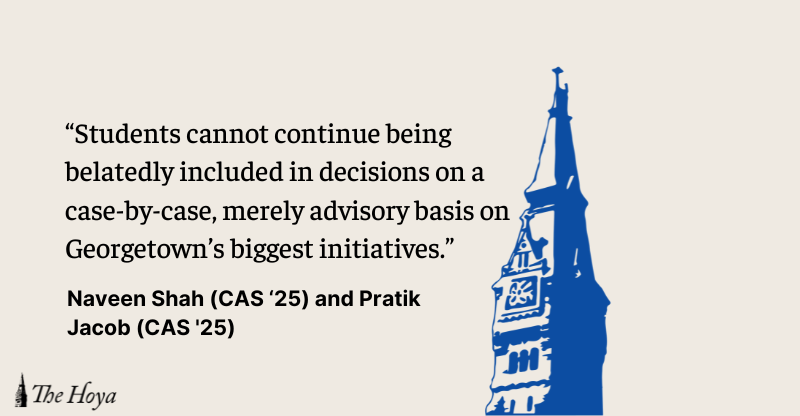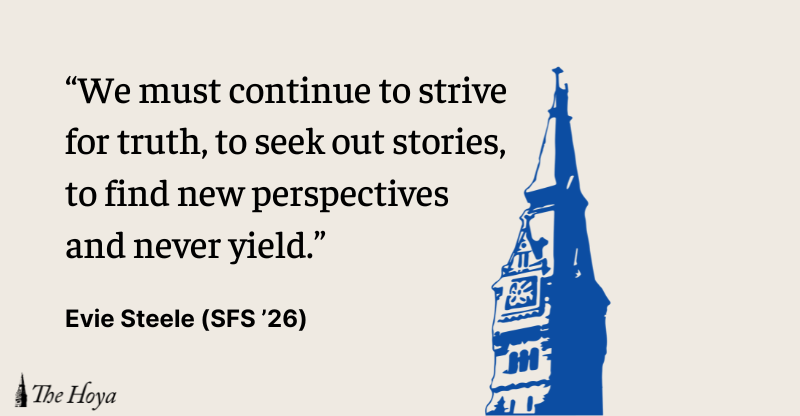When I write, I have one primary goal: I want you to bleed. I want the knife of my words to cut your soul and leave you there wondering how to fix the emotional mess.
At my worst, I am a plastic kitchen knife trying to cut into a tough sirloin steak. My writing is too languid, perhaps self-indulgent, replete with commas and semicolons and hyphens.
But even at my lowest, I am proud of what I write. The act of publishing is a brave statement of forging your words into the annals of history, forever on the record for someone to dig up decades down the line.
This concept should terrify writers to a healthy degree, but it should not stop them from speaking their mind. Unfortunately, in a world where free speech has become an enemy of the state, reporters and contributors have been crippled by the fear of having their words mean something, anything, in a time when they matter the most.
Here is the truth: Getting sources to go on the record is harder than ever. In recent years, I have seen an alarming uptick in current students and graduates emailing me asking their names be removed from articles or requesting anonymity out of worry for their public image.
As a former senior editor, executive editor and departing chair of the board for The Hoya, I’ve seen it all — but this one is new. I’m quite terrified that the value judgement of comfort over truth has become more appealing in a time when dissenting voices should be louder than ever.
To state the obvious, I am sympathetic to these claims. The U.S. government has detained international students and revoked their visas for writing op-eds on Palestine; doxxing campaigns have ramped up against pro-Palestinian protestors; and the Trump administration has filed lawsuits against a slew of law firms and journalism outlets that he claims wronged him.
In this fragile moment — when the arc of justice has consistently bent away from morality — journalists, and those who contribute to newspapers, must be more aggressive than ever in their reporting and sourcing to safeguard democracy and free speech. Willing self-censorship is the easiest way for dangerous far-right parties to continue gaining power and evading accountability.
Moral clarity is a tricky word, much like justice, in that it holds different definitions for different people. I will not tell you what moral principles to believe, but I will tell you what your beliefs should compel you to do.
Georgetown exists because of the Jesuit Catholic belief that Jesus Christ selflessly died for humanity’s sins at the hands of the Roman Empire, and it is a moral model religious and non-religious folk alike should follow. Thus, it is a failure of the university if, at the time of receiving their degree, a Hoya does not have a strong enough moral compass that they might even consider dying for their beliefs.
Taking one look at the world tells all: The sound of democracy’s kettle crying out for relief is all around us. It is the sounds of protestors on campus against Badar Khan Suri’s legally dubious detention, universities like Harvard standing up to absurd demands of conservative zealots and national marches against the erroneous civil violations of the Trump administration.
Really, what rings in my head is the titular line from Egyptian-Canadian novelist and journalist Omar El Akkad’s account of the war atrocities in Gaza: “One day, when it’s safe, when there’s no personal downside to calling a thing what it is, when it’s too late to hold anyone accountable, everyone will have always been against this.”
Our words may not be perfect, but the greatest sin is to not try.
Fight back against shallow words and weak statements and morally neutral observations. There is a difference between moral clarity and impartiality, but the two are not mutually exclusive. To call out what is happening in the world at this moment as evil, unfathomable and dangerous is not a betrayal of journalistic values, but the reason this profession exists.
I am guilty of holding my tongue in times of crisis, of not catching all the errors and flaccid phrases in my years of editing for The Hoya, but there is still time, always time, to speak for truth.
No matter what I publish in the future, I am dedicated to making sure every word of mine has meaning and contributes to public dialogue. Even if I don’t always get it right, I will continue to use my words to create a better world for all of us. It is the only way forward.
May journalists stay dedicated to keeping clear eyes, open hearts and strong minds — and continue to boldly go on the record forevermore. So help us, God.
Clayton Kincade is a senior in the School of Foreign Service.


